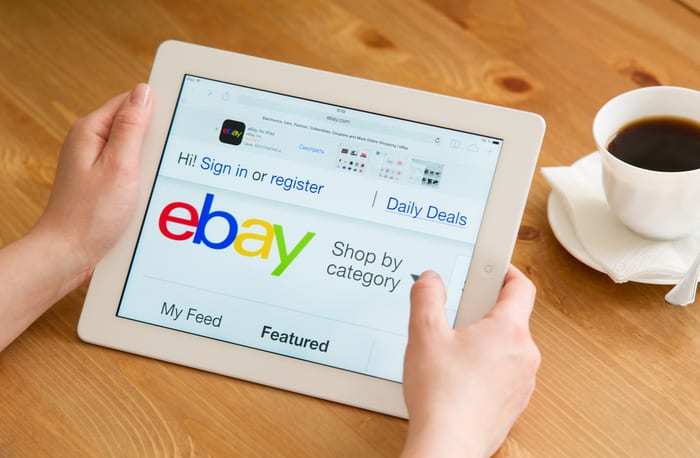eBay CEO Devin Wenig Steps Down As Asset Review Continues

On Wednesday (Sept. 25), eBay announced that CEO and President Devin Wenig has stepped down, The Wall Street Journal reported. CFO Scott Schenkel will step in as interim CEO, and Vice President of Global Financial Planning and Analysis Andy Cring will serve as interim CFO.
Wenig served as eBay’s CEO for about four years and was with the firm for 12 years.
Chairman Thomas Tierney said in a statement that eBay has benefitted from Wenig’s tenure and the company is in a better position than it was before he started.
“Devin has been a tireless advocate for driving improvement in the business, particularly in leading the company forward after the PayPal spinoff,” Tierney said. “Notwithstanding this progress, given a number of considerations, both Devin and the board believe that a new CEO is best for the company at this time.”
eBay is in the process of a calculated review of its asset portfolio, CNBC reported.
When eBay first launched in 1995, the primary way buyers and sellers did business was via paper check and snail mail. A year earlier in 1994, a software company called Confinity was founded in Silicon Valley by Max Levchin, Peter Thiel and a few others. Confinity’s first product, released in 1999, was PayPal – a (peer-to-peer) P2P payments platform that would let users send money to each other via Palm Pilots and on the web.
For sellers, PayPal solved an enormous payments pain point. It became the merchant of record for the little guys who couldn’t get merchant accounts from traditional acquirers, serving as the stand-in seller to offer buyers a digital way to pay. And unlike traditional acquirers, PayPal made it easy for tiny sellers to come on board. Three years later, in 2002, eBay bought PayPal for $1.5 billion.